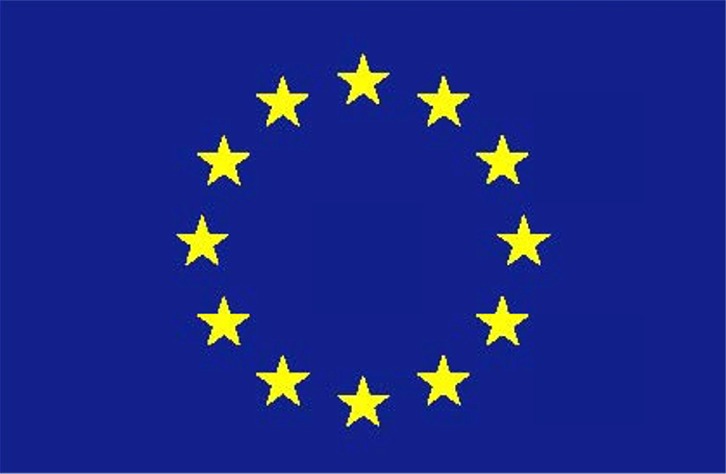European Court should set EU asylum standard, Swedish minister says
 Brussels - The European Court should be allowed to set the standard for asylum decisions across the European Union, and Sweden could push for that when it takes over the bloc's presidency in July, the country's immigration and asylum minister said Friday.
Brussels - The European Court should be allowed to set the standard for asylum decisions across the European Union, and Sweden could push for that when it takes over the bloc's presidency in July, the country's immigration and asylum minister said Friday.
"If you get an asylum application, you need a body that says that this decision should apply to all similar applications," Tobias Billstrom told journalists in Brussels.
"We will probably say that the body which should make such decisions would be the European Court of Justice," he said.
At present, EU member states have the final say on who can claim asylum in their territories, and officials complain that there are immense differences between those states in the way the EU's shared asylum rules are applied.
Billstrom's idea would see the Luxembourg-based ECJ empowered to set the rules across the bloc.
Thus, if a Chechen refugee was refused asylum in Slovenia, but the ECJ then judged that he should qualify for protection, all similar future cases in all EU member states should be decided the same way.
Similarly, if the ECJ refused the application, that would apply to future cases in the same way, Billstrom stressed.
"Without a common denominator, it will be a question of pushing the (asylum) problem around among member states," he said.
According to figures from the EU's executive, the European Commission, Iraqis seeking asylum in Europe can face anything from a 2-per-cent chance of acceptance to a
71-per-cent chance, depending on the country in which they apply. People fleeing areas such as Chechnya and Somalia face similar problems.
"It's impossible to continue with the current minimum rules. They are creating imbalances and injustice, not creating solidarity among member states," Billstrom said.
In April, EU member states agreed that the asylum system was not working properly, and called for the creation of an EU-level office to help them coordinate their policies.
The proposal would have to be approved by EU member states, who are fiercely protective of their national legal policies. Discussions of the idea could be "very interesting," Billstrom said. (dpa)